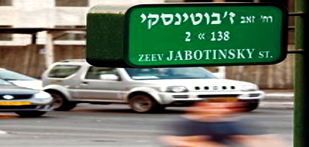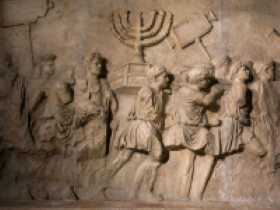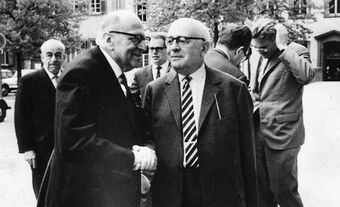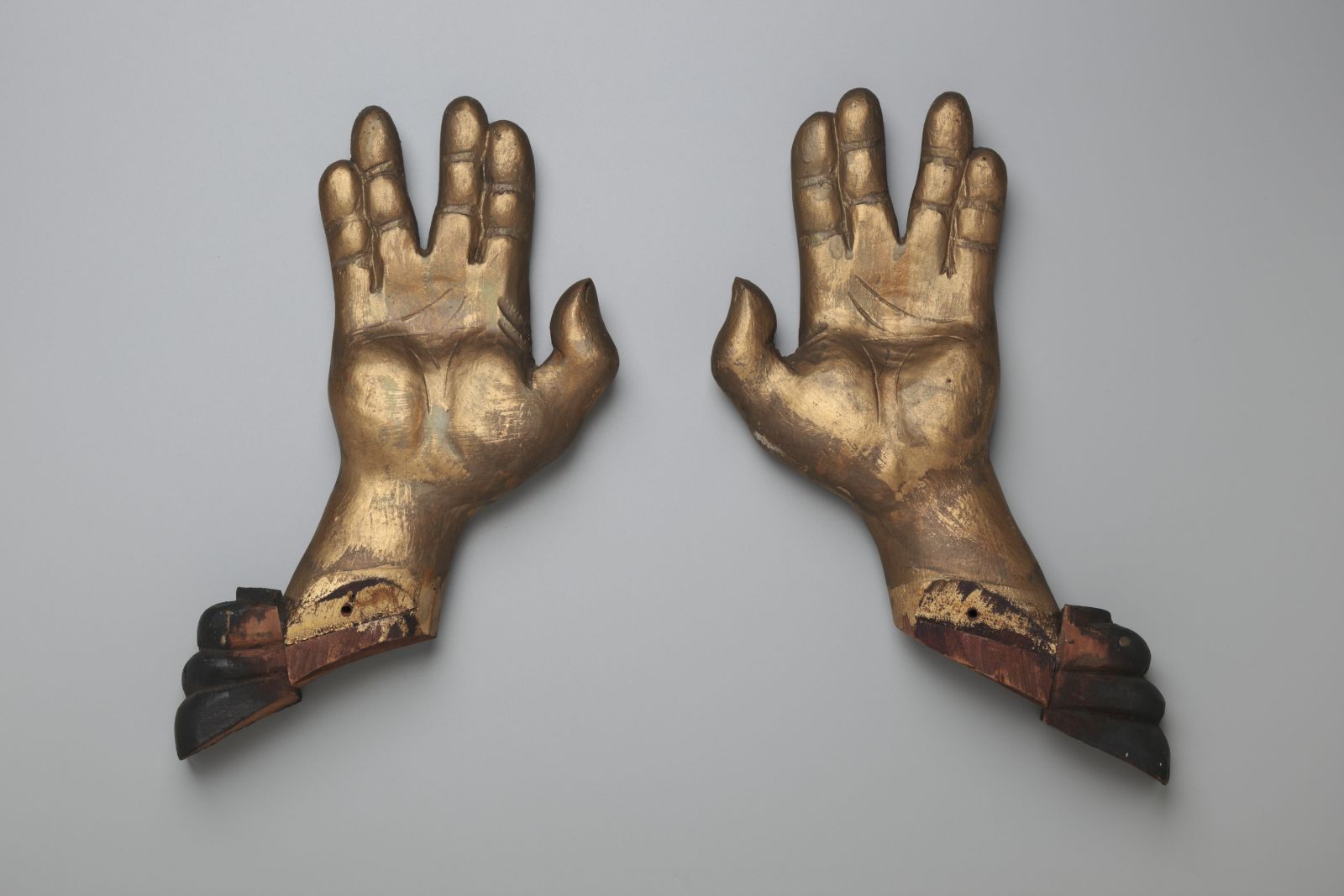The Jewish Studies program at Queen’s offers a rich selection of courses across disciplines such as History, Religion, Hebrew language, Philosophy, Classics, and Gender Studies.
Explore our current offerings for the 2025/2026 academic year by subject area:



